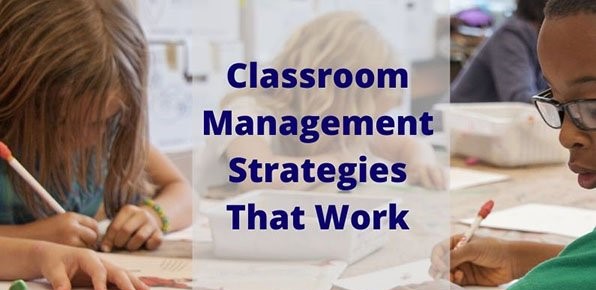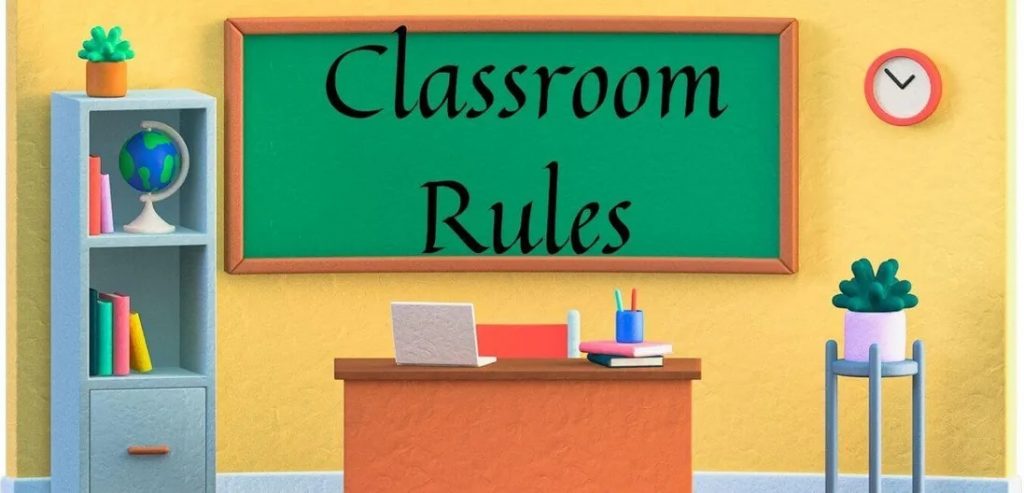
We often make words that there are no perfect teachers, but when we come across those that are able to manage their class well, we think that it is magic. The truth there is that classroom management is not an innate behavior, it can be learned. Most of it actually boils down to how good your relationship is with your students – students who laugh with their teacher accept rules more easily. Reading about classroom management, asking other teachers what they do, and even talking with your school head about what they have observed can help in building management tactics that will work for you.
Here are seven things to consider in your quest for classroom management excellence. And these work well no matter how you are teaching: in person, online, or in a hybrid model.
1. Foster Trusting Relationship with your Students
Like I stated in the introduction, this is by far the most effective classroom management technique. When students trust their teacher, it makes it easy for them to follow the rules. When you get to know each student more on a personal basis, you get more out of your teaching experience as well. Each class should feel more like a family. If you don’t know how to pronounce each child’s name correctly, use sarcasm regularly, and make students feel bad for asking questions, you need to change those behaviors first.
2. Celebrate your students’ hard work

Show students that you value the work they put into learning. Identify milestones in the work everyone accomplishes each day. Once a week, choose one particularly hardworking student to share their story. What a valuable lesson kids learn when they hear peers talking about what hard work means to them. I remember when a lecturer actually gave students money for getting an A in his course, this prompted everyone to work towards making an A in his other courses. Kids who know their work will be celebrated instead of just their grades will pay more attention and stay focused.
3. Make positive phone calls to students’ families

Teachers and school owners often make the mistake of calling a students’ parent only when there is an issue to report. While these calls might be important, calls for celebration are equally, if not more, important. Positive calls to parents reinforce it in them that their children are learning – if not, too many calls of reports can lead to the parent changing their children’s school. Try to make one positive call to a different student’s home every single day, even if it’s simply to report on a nice comment a kid made in class. This means so much to parents and students and usually translates to positive classroom behavior as well.
4. Accommodate all of the learners in your classroom
Make sure every one of your students is able to learn the way you plan to teach. This means reviewing the Individualized Education Program (IEP) and taking notes on the recommendations so you can take them into account. So many classroom management problems can be overcome by taking into consideration the needs in your classroom. Remember to design lessons that challenge everyone in the way they need to be challenged.
5. Ensure that students understand the reason for the Rules

Just because you’ve stated, shared, and posted your classroom rules, doesn’t mean students know what they mean. Your version of no talking might be different from theirs. Human beings talk for lots of reasons, so keep appropriate expectations. It might even be okay to joke around a bit as long as a student is staying focused on the task at hand. Some teachers find great success with acting out ways of talking that are effective.
6. Be prepared for each teaching day
The best way to get ahead in your day is by having your plans outlined. Even if you are not required to submit lesson plans, it will be helpful for you to have one prepared. Not having what to teach can ruin your day – you cannot leave your day to mere “vibes.” Develop plans that work for your teaching style, fit all learners, and fall in line with the curriculum standards. This may sound stressful, but the more you do it, the better you’ll get. A well-planned teaching day gives you total control of the classroom.

7. Let Students know who the Boss is
When you tell kids to stop talking and get back to work, but you don’t follow through, you are effectively telling them it doesn’t matter that much. This can lead to teachers raising their voices and saying things they regret. You don’t have to be mean; you just have to mean it. So make a list of rules that are effective and really matter to you and then share them with your students. Post them visibly and refer to them often.
What other effective classroom management tips do you have? Share them in the comment section.